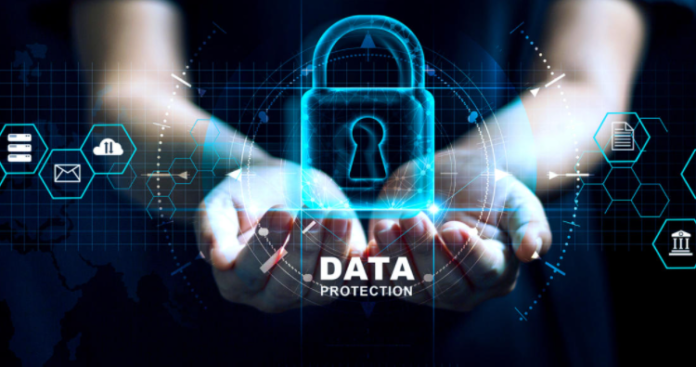Data protection is the process of protecting your data from unauthorized access, alteration, or destruction. It can also include ensuring that individuals have the right to access and use your data and that it is protected from theft, misuse, or unauthorized disclosure.
Data protection is an essential part of any business. Whether it’s the organizational data, the customer data, or even the company secrets – data is necessary.
How do you protect your data?
There are a few key points to keep in mind when protecting your data:
1. Data must be protected at all times.
2. Data must be appropriately stored and managed.
3. Data must be accessible only to the people who need access to it.
4. Data must be protected from unauthorized access and use.
5. Data must be properly encrypted and protected against unauthorized disclosure.
What infrastructure do you need to protect your data?
There are a few different types of data-protection infrastructure you may need in order to protect your business data. These include enterprise software, cloud services, and physical infrastructure.
Enterprise software can be used to manage your data, such as Microsoft Office 365 or Google Drive. Cloud services can be used to store and access your data from anywhere and offer an offline mode for when your internet connection is unavailable. Physical infrastructure can be used to protect your data in-house or off-site. This could include security Doors, intrusion detection and prevention systems (IDS/IPS), firewalls, and other Thankfully, and many businesses already have these types of data-protection systems in place.
What are the most important factors to consider when protecting your data?
Organizational data is the data that relates to your business. It includes data about customers, employees, and other valuable information. Customer data provides information about who bought what, when, and where. Employee data contains personal information such as job titles and contact information. Company secrets include trade secrets and confidential data that companies cannot share with third parties.
The second most crucial factor to consider when protecting your data is the data-protection infrastructure. This refers to how well you’re able to save your data and how easy it is for people to access and use your data. The data-protection infrastructure must be secure, reliable, and efficient to protect your business from cyber-attacks and other damage. You need a secure system that can store your data safely, access it quickly, and ensure it’s never lost or stolen.
Tips on how to build a safe and secure data protection system.
There are a few things you should always keep in mind when it comes to data protection. First and foremost, your data must be protected from unauthorized access and use. This includes both the storage and the transmission of your data. You should also protect your data from unauthorized uses, such as cyber-attacks.
You can also help protect your data by building an infrastructure for data protection. This means having a secure network that can protect your data from unauthorized access and usage. Your data-protection system should include:
Security measures like firewalls, intrusion detection systems (IDS), and anti-virus software.
Data backups and disaster recovery plans.
A restore plan for lost or corrupted data if something goes wrong with your security infrastructure.
A system to automatically detect and report any suspicious activity to authorities.
Conclusion
Data protection is essential for any business, no matter how big or small. By understanding the different types of data-protection systems and how to protect them, you can create a secure and safe environment for your data. This will help keep your data safe and protected and make it easier to manage and process your data.









